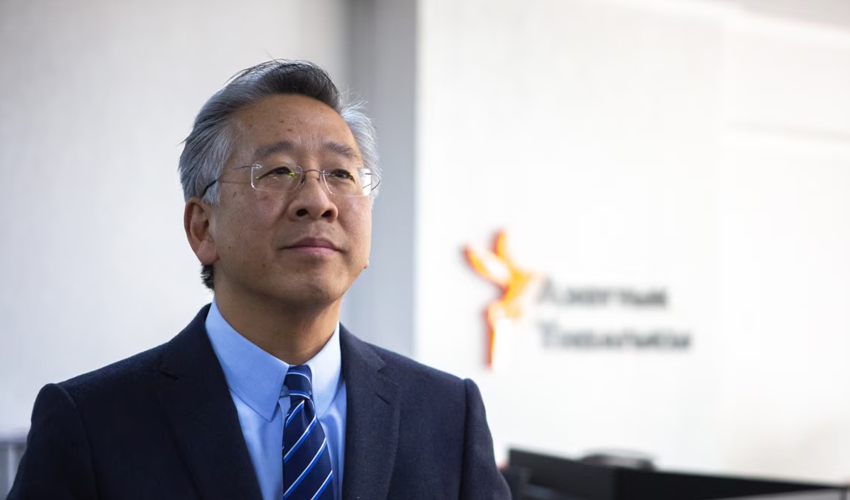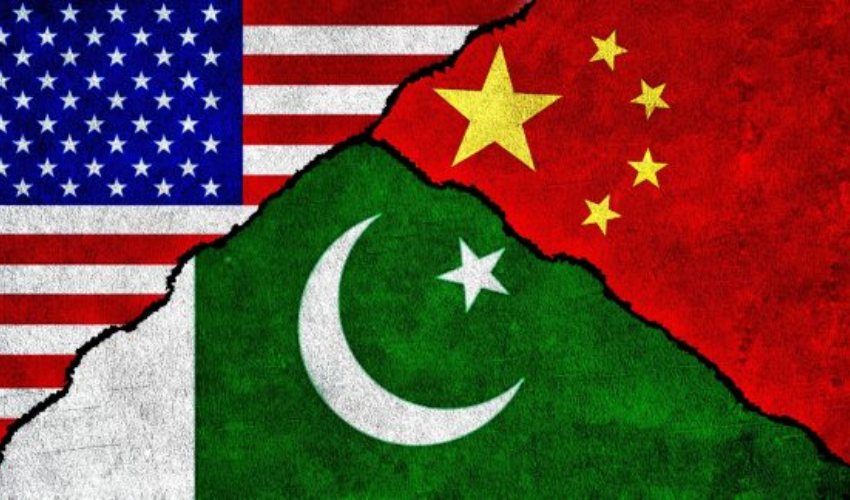US Assistant Secretary of State for South and Central Asian Affairs Donald Lu has expressed strong support for Pakistan's ongoing economic recovery and counter-terrorism efforts, emphasizing America's commitment to the country's success.
In a statement on Thursday, Lu highlighted the close cooperation with the Pakistan Army and the government in the fight against terrorism and acknowledged the significant progress the country is making in revitalizing its economy. "America wants Pakistan to succeed."
Speaking after a meeting with Finance Minister Muhammad Aurangzeb, Lu noted that Pakistan's economic recovery, while challenging, is an encouraging development that benefits all Pakistanis. "We are very encouraged by the economic recovery that Pakistan is going through. This recovery is beneficial for every Pakistani," he said, adding that these reforms represent the future of Pakistan.
Lu also acknowledged the deep ties with the government of Prime Minister Shehbaz Sharif and a close relationship with the people of Pakistan.
He said his meeting with Finance Minister Muhammad Aurangzeb provided an opportunity to discuss Pakistan’s ambitious economic plans and reform strategies aimed at securing long-term stability. "These reforms are not easy, but they are the future of Pakistan," Lu stated.
Also Read: IMF releases $1 billion tranche under new bailout package
He further emphasized that these economic reforms are vital for Pakistan’s financial stability and growth, and the US is keen to support these efforts.
On Wednesday night, the International Monetary Fund (IMF) Executive Board approved a $7 billion loan for Pakistan under the Expanded Fund Facility (EFF), and immediately released nearly $1 billion to help Pakistan address its economic challenges and restore macroeconomic stability.
In a statement announcing the new loan program, which spans 37 months, the IMF noted that Pakistan's economic growth rate has reached a modest 2.4% in the last fiscal year, and inflation fallen significantly to single digits.
This improvement was largely driven by activities in the agricultural sector and the implementation of adequate fiscal and monetary policies, which helped keep the country’s current account deficit under control. This allowed the foreign exchange reserves to improve again, while the decline in inflation reflects an improvement in the internal and external conditions.



























